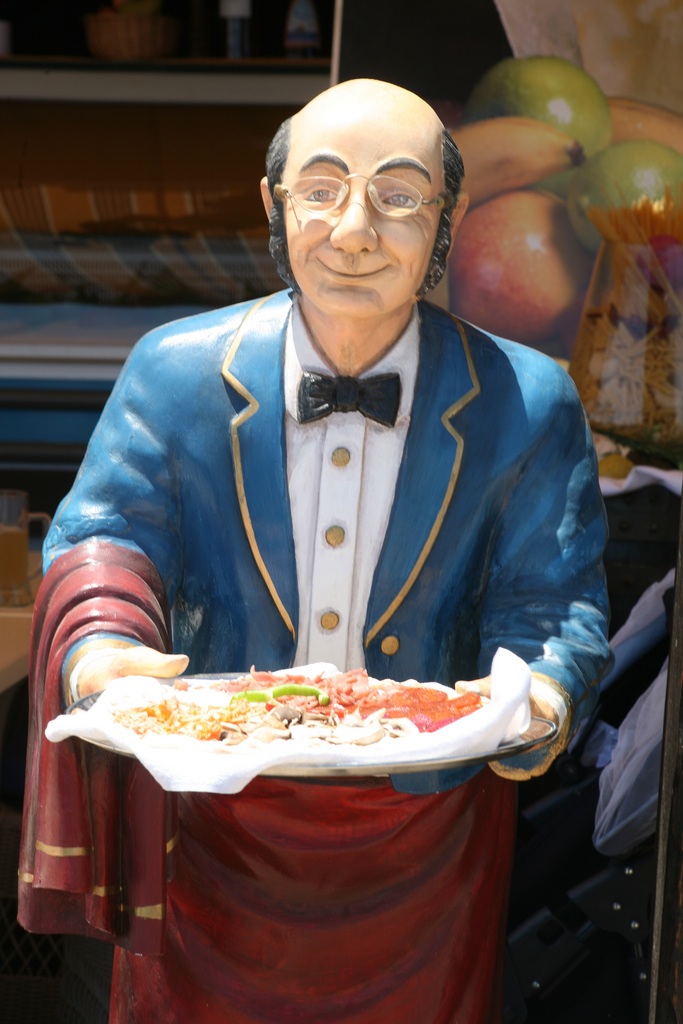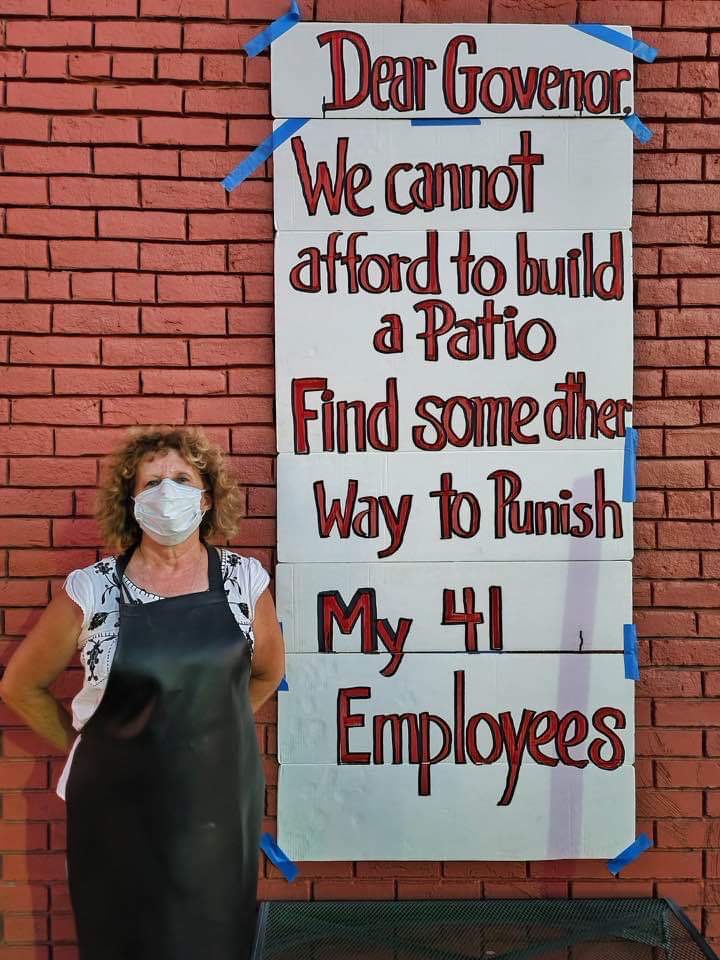Amy Alkon (aka The Advice Goddess) writes a nationally syndicated advice column and is the author of the new book Good Manners for Nice People Who Sometimes Say F*ck [St. Martin’s Griffin]. The book has a chapter called "Eating, Drinking, Socializing," with some interesting advice on food-related manners. I spoke with Alkon by phone about the dynamics of the relationship between restaurant server and customer.Let’s talk about tipping.People believe that they tip solely based on the quality of the server or the service. And the truth is that some people do, but a whole lot just believe they do. We like to believe that we’re rational and do things for good reasons. But because our brains like to conserve energy where they can, we have a lot of cognitive biases that lead us to act automatically, in ways that aren’t wholly rational.For example: If you’re male, you’re likely to tip bigger if your waitress is blond, if she’s wearing red lipstick, a red dress or has a flower in her hair, according to research by French behavioral scientist Nicolas Guéguen.Other customers will leave bigger tips if the server does things to create the feeling of a familiar relationship between server and customer, like if the server squats down at the table, coming to the customer’s eye level and making conversation seem more intimate. This, in research by Cornell University’s Michael Lynn and colleagues, increased the tip amount by 20 percent for a waiter and 25 percent for a waitress. Giving chocolates or mints with the check also increases the tip. So all of these people who think “I’m fair, I’m rational, I just tip according to the service,” the truth is probably eh, not so much.What if the service is truly terrible?If you don’t tip at all, it makes you look bad if you’re with dining companions, and the server can pretend that it’s on you, that you were the terrible one. So if the service is egregiously bad, use an idea I borrowed from my pal Steve Dublanica, author of Keep The Change, and give your tip to the busboy instead. This means you haven’t cheaped out, but you haven’t also gone all Stockholm Syndrome and rewarded someone for treating you terribly.Approaching the situation with compassion is counterintuitive but very helpful. Look for clues as to why you’re getting bad service. Is this person having a bad day? Are they covering three sections? Or are they just a person who thinks “ha ha, you’re going to wait for your lunch?” Even if you end up giving someone more of a benefit of the doubt than they deserve, you’ll feel better if you call up compassion and say, ‘OK, maybe this person isn’t trying to screw me over. Maybe there’s something wrong.” And by the way, don’t blame the waiter if the kitchen doesn’t make food you like. Don’t find ways to be cheap.


